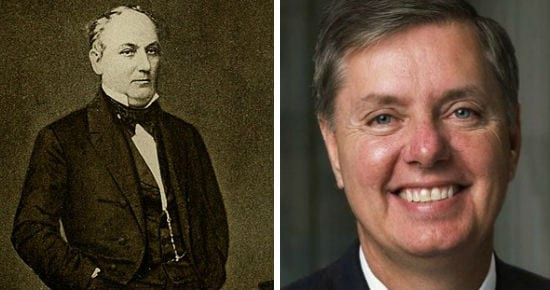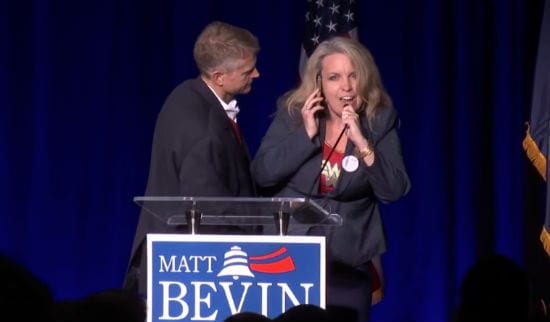Here is the passage I was looking for the other day when I instead stumbled onto that bit about cheese sandwiches. This is from Philip Gourevitch’s award-winning history and meditation, We Wish to Inform You That Tomorrow We Will Be Killed With Our Families.
The desertion of Rwanda by the UN force was Hutu Power’s greatest diplomatic victory to date, and it can be credited almost single-handedly to the United States. With the memory of the Somalia debacle still very fresh, the White House had just finished drafting a document called Presidential Decision Directive 25, which amounted to a checklist of reasons to avoid American involvement in UN peacekeeping missions. It hardly mattered that [UNAMIR commander Maj. Gen. Romeo] Dallaire’s call for an expanded force and mandate would not have required American troops, or that the mission was not properly peacekeeping, but genocide prevention. PDD 25 also contained what Washington policymakers call “language” urging that the United States should persuade others not to undertake the missions that it wished to avoid. In fact, the Clinton administration’s ambassador to the UN, Madeleine Albright, opposed leaving even the skeleton crew of 270 in Rwanda. …
A week after UNAMIR was slashed, when the ambassadors of Czechoslovakia, New Zealand and Spain, sickened by the barrage of irrefutable evidence of genocide in Rwanda, began pushing for the return of UN troops, the United States demanded control of the mission. But there was no mission to control. The Security Council, where Rwanda conveniently occupied a temporary seat in 1994, could not even bring itself to pass a resolution that contained the word “genocide.” In this proud fashion, April gave way to May. As Rwanda’s genocidal leaders stepped up efforts for a full national mobilization to extirpate the last surviving Tutsis, the Security Council prepared, on May 13, to vote once again on restoring UNAMIR’s strength. Ambassador Albright got the vote postponed by four days. The Security Council then agreed to dispatch 5,500 troops for UNAMIR, only — at American insistence — very slowly.
So May became June. By then, a consortium of eight fed-up African nations had proclaimed their readiness to send an intervention force to Rwanda, provided that Washington would send 50 armored personnel carriers. The Clinton administration agreed, but instead of lending the armor … it decided to lease it to the UN — where Washington was billions of dollars in arrears on membership dues — for a price of $15 million, transportation and spare parts included. …
By early June, the secretary-general of the UN … had taken to describing the slaughter in Rwanda as “genocide.” But the UN High Commissioner for Human Rights still favored the phrase “possible genocide,” while the Clinton administration actually forbade unqualified use of the g-word. The official formulation approved by the White House was: “acts of genocide may have occurred.” When Christina Shelley, a State Department spokeswoman, tried to defend this semantic squirm at a press briefing on June 10, she was asked how many acts of genocide it takes to make a genocide. She said she wasn’t in “a position to answer,” adding dimly, “There are formulations that we are using that we are trying to be consistent in our use of.” …
Shelley was a bit more to the point when she rejected the denomination of genocide because, she said, “there are obligations which arise in connection with the use of the term.” She meant that if it was a genocide, the Convention of 1948 required the contracting parties to act. Washington didn’t want to act. So Washington pretended that it wasn’t a genocide. Still, assuming that the above exchange took about two minutes, an average of 11 Tutsis were exterminated in Rwanda while it transpired. …
Clinton’s brain trust then produced an inventive new reading of the Genocide Convention. Instead of obliging signatory states to prevent genocide, the White House determined, the Convention merely “enables” such preventive action. This was rubbish, of course, but by neutering the word “genocide,” the new spin allowed American officials to use it without anxiety. Meanwhile, the armored personnel carriers for the all-African intervention force sat on a runway in Germany while the UN pleaded for a $5-million reduction of the rental charge. When the White House finally agreed to the discount, transport planes were not available. Desperate to have something to show for the constant American protestations of concern about Rwanda, administration officials took to telling reporters that Washington was contributing to a public-health initiative in Uganda to clean up more than 10,000 Rwandan corpses from the shores of Lake Victoria.
















